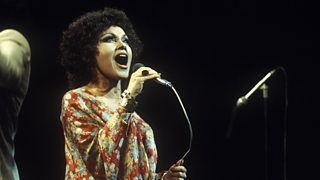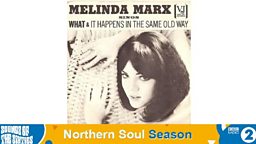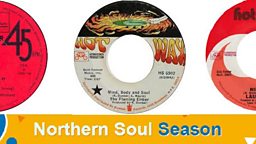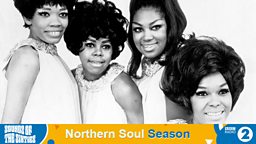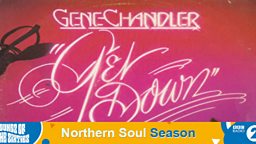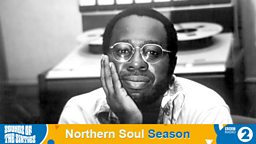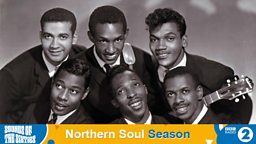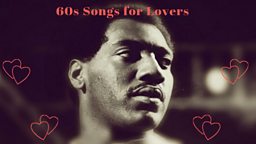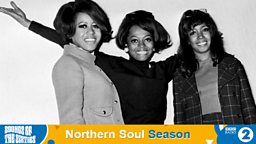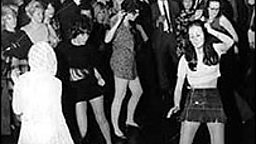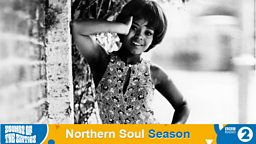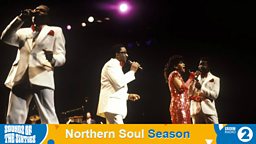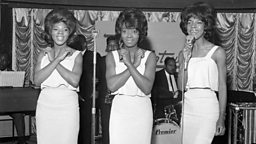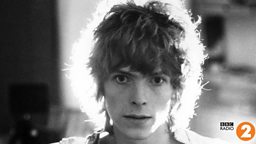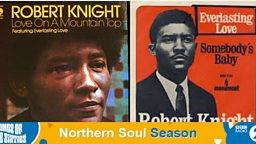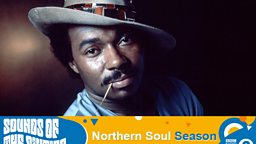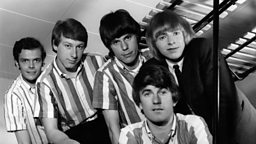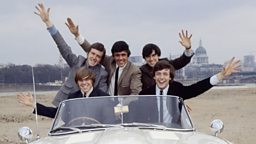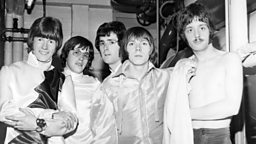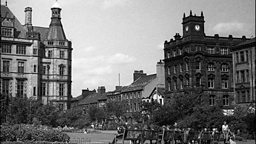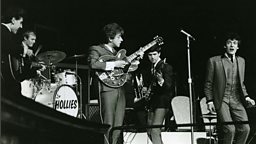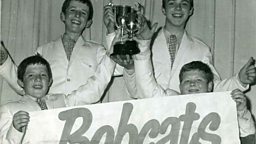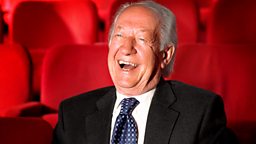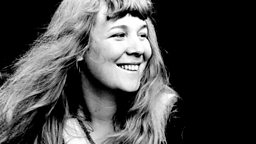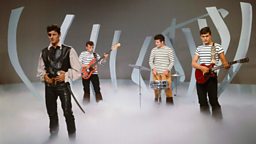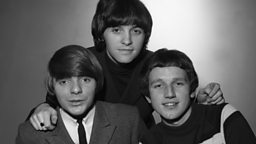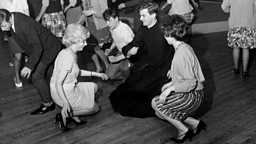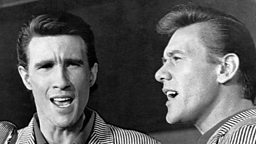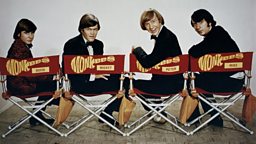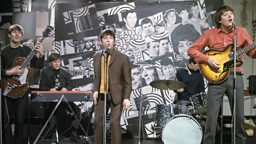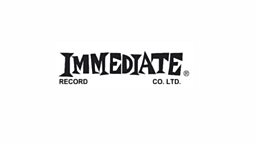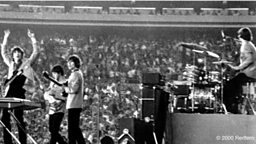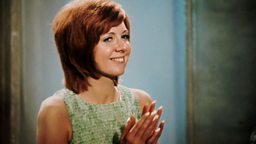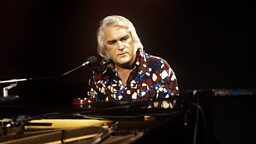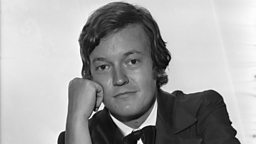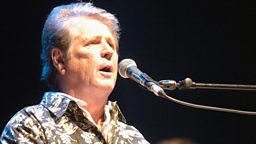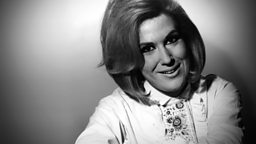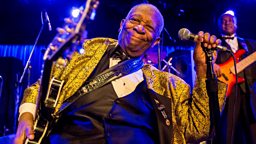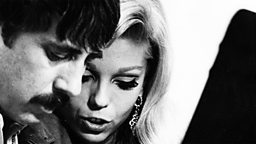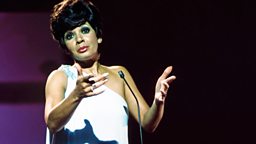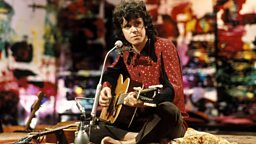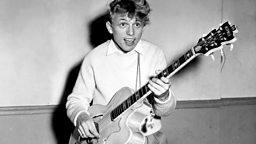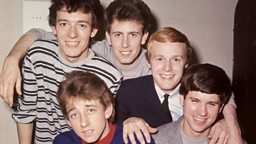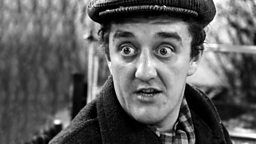The Story of Lulu: "I was obviously a very strange, precocious kid.”
Bob Stanley uncovers two archive interviews with the Scottish star, revealing how she swapped singing in a toilet to sharing a stage with David Bowie.
"I used to sing at parties as a kid” she told interviewer Chris Welch in 1974. “I used to knock on the door in my pyjamas and ask to sing. 'Get to bed!' 'Oh Mammy, please let me sing.' When I was 13 I turned on to Ray Charles – and Alex Harvey. Before that my parents brought me up on Sinatra and Ella Fitzgerald, also Teresa Brewer and Kay Starr. My cousins used to sing like Sinatra. I used to sing going up and down the stairs in the tenement. And in the outside toilet... you know, you don't have a toilet or a bathroom in those tenements, so I used to sit in the outside toilet – singing. And when I used to go on the tramcars... My mother was quite shy and used to say: 'Marie, promise me you won't sing on the car.' Oh no mummy – then I'd go up to the back and start singing. I was obviously a very strange, precocious kid.
I used to sit in the outside toilet singing- Lulu
Shout, recorded with the Luvvers, would be her first single in 1964 it reached no.7, but felt much bigger.
"I came to London to do an audition for Decca. It was a test tape and I broke the ribbon in the mike. They said, 'Excuse me, but would you mind standing back.' And when I recorded the song, I had a terrible cold, and afterwards I had to be that kind of singer. I thought, this is a great song, but it'll never be a hit.” It was Lulu's idea to sing it, though, as she told journalist Kris Needs: “I was surprised they wanted to do it as a single. After that, I suggested a lot of songs I wanted to release as singles, but they never did it again!"
https://www.youtube.com/watch?v=zvy3gLJZVf4
Lulu and the Luvvers released three further singles in the U.K., and all were flops, with Bert Berns' Here Comes The Night squeaking into the chart at no.50. It was a moving version of the song Them would take all the way to no.2 a few months later: "That came about because we were all on Decca, and when mine wasn't a hit and Them's was, I was so angry! I was really annoyed with Van for that!"
Independent producer Mickie Most thought Decca were under-valuing Lulu. "When I was with Mickie Most, things were great. I didn't see myself as Herman's Hermits, and Mickie kind of did – but he wasn't wrong. I had I'm A Tiger, The Boat That I Row and Let's Pretend, and To Sir, With Love was number one in the States for six weeks.”
To Sir With Love, bizarrely, was never an A-side in Britain (it was on the flip side of Let's Pretend in 1967), but then it wasn't in the States either, not initially: "The Boat I Row was the A-side. It had already been a hit in Britain (it reached #6, in April 1967), and because my American singles tended to mirror the British ones, Mickie saw no reason to change. The same as at Decca, I could very rarely get Mickie to release the things I wanted. He didn't think To Sir With Love was a single. I remember crying because I couldn't believe he wouldn't let it be the A-side." American DJs flipped the single and – presto! - one of the biggest sellers of 1967. "And when it did so well, Mickie was absolutely thrilled. He had no pride!"
I could very rarely get Mickie to release the things I wanted
Two years later, Lulu scored her highest sixties UK chart placing with Boom Bang A Bang. "The reason I did Eurovision was, there was a lot of pressure on me to do it. When I was performing the six possible entries on my show, we were getting the most incredible viewing figures, of 14, 15 million people, which was more than a quarter of the country's population. Just so they could help pick a song! The łÉČËżěĘÖ knew that Eurovision would be very good for the show, Mickie thought it would be good for me. I just went with the flow." Lulu found the Festival "nerve-wracking. I felt like I was out there for my country."
In 1969, after leaving Most and signing with Atlantic, Lulu was recording at Muscle Shoals studios; she recorded an album called New Routes and the gorgeous single Oh Me Oh My (I'm A Fool For You) with the Dixie Flyers. "That was Jerry's [Wexler] idea. When you go to work for Atlantic Records, and you're in a studio with Jerry and Arif, [Mardin] you're working with legends, and those legends have only worked with other legends, so you figure they know what they're doing. Jerry Wexler played tambourine on Ray Charles records!"
By the early seventies, when she spoke to Chris Welch, Lulu had been in a film (To Sir With Love), had her own łÉČËżěĘÖ TV series, was divorced from Maurice Gibb, and the hits were becoming more sporadic. She was sanguine. "Now I'm looking for a new direction, but things happen naturally. I believe what's meant for you, won't go by you. I'd love to have another hit record, and if I'm meant to have another hit single and album, it'll happen. People say 'You're not in the chart much, you don't always want to be a pop singer, surely?' And I say, I'm quite happy to be a pop singer! I don't call myself anything else. I love the pop business, and I started off with 'Shout', when I was absolutely raw – shouting and screaming and loving it.
Lulu has continued to give people what they want, mixing up commercial pop (Relight My Fire, I Could Never Miss You) with the R&B she loves, the hit Independence and the album A Little Soul In Your Heart, and was especially proud to have written Tina Turner's massive hit I Don't Want To Fight. If anyone is due a career-spanning box set and an accompanying łÉČËżěĘÖ4 documentary, it's .
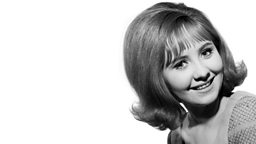
-
![]()
From Cleo Laine to Small Faces - discover the stories behind the songs in today's show
